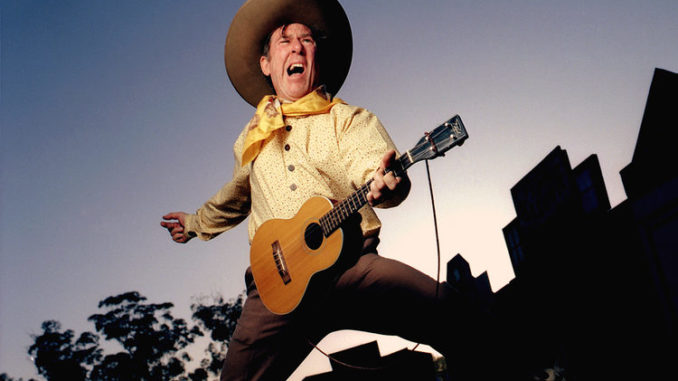
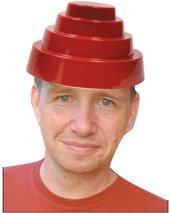
Did you know the “Last of the Vaudeville Cowboys” lives right here in Butte County? How ’bout the banjo player/historian known as the Banjo-Ologist? Or one of the founding members of 1960s/70s weirdo-rock crew Charleston Grotto. Or the leader of the Modern Lovers, one of the seminal punk bands in America?
Arts DEVO knows all this. The Chico News & Review has covered each of these singular characters—Sourdough Slim, Gordy Ohliger, Danny Cohen and Jonathan Richman, respectively—individually during my tenure at the paper. But once I added them all up together, I was struck by the concentration of so many widely known musical eccentrics in this small out-of-the-way corner of the world.
The roster of local oddballs became fully aligned for me last weekend, as a I sat on my couch searching for musical entertainment inside the glowing screen that’s cyborged onto my right hand during this COVID-19 shutdown. I found that there have been mini-documentaries made on all of them—making for some irresistible sheltering-in-place viewing.
The first one I stumbled across by accident while roaming YouTube: the 15-and-half minute long Sourdough Slim documentary, Last of the Vaudeville Cowboys, by Ross Mehan.
Rick Crowder lives in Paradise and his yodeling-cowboy alter-ego has toured the country for more than 30 years, playing fairs, cowboy poetry gatherings and folk festivals, as well as some of the most famous venues in the country, including the Lincoln Center, Carnegie Hall and the Kennedy Center. He’s been featured in the Los Angeles Times and performed on Good Morning America.
The documentary intersperses live snippets of Sourdough Slim’s show—featuring Crowder in full Vaudevillian cowboy getup telling corny jokes, doing rope tricks and playing Western/Vaudeville/old-time tunes on both accordion and guitar—with a biographical interview that traces his path to the stage, from the steel-string guitar his mother gave him at the age of 6 to the influences of the likes of Bob Wills & The Texas Playboys and the “Father of Country Music,” Jimmy Rogers. Bonus: Slim’s yodeling bootcamp! (The key is to break your voice between “ay” and “ee” sounds.)
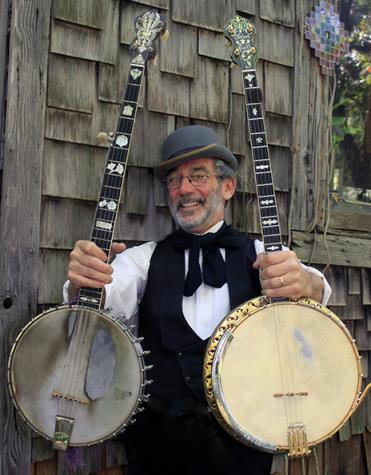
Gordy Ohliger has been playing his collection of vintage banjos in his cabin in Butte Creek Canyon since the 1970s, and the longtime Butte County musician is on a similar wavelength as Crowder. His Banjo-ologist has roots in some of the same American Vaudeville and old-time music traditions, but as his stage name suggests, the act also mines deeper veins of banjo history, all the way back to the instrument’s African origins.
His combo of serious chops and knowledge of banjo lore has opened a wide range of opportunities for Ohliger that have included educational/historical gigs (including performances at the J. Paul Getty Museum and the Library of Congress) in addition to performances at a wide range of music festivals—from California to London.
The Banjo-ologist: The Vision of a California Griot is a 27-minute snapshot of Ohliger’s life created by longtime local producer/musician Peter Berkow (of Sierra Center Stage fame). The documentary debuted on PBS stations all over the country back in 2010, and while it isn’t currently available to stream online, you can order a DVD copy on Ohliger’s website for $20. There is a four-minute promo clip of the beautifully shot film on YouTube, which gives a sampling of the wise-cracking Banjo-ologist on stage and in his outdoor element—including a barefoot walk through the canyon from his home to the old Electric Canyon Studio (which was destroyed in the Camp Fire) to record one of his tunes.
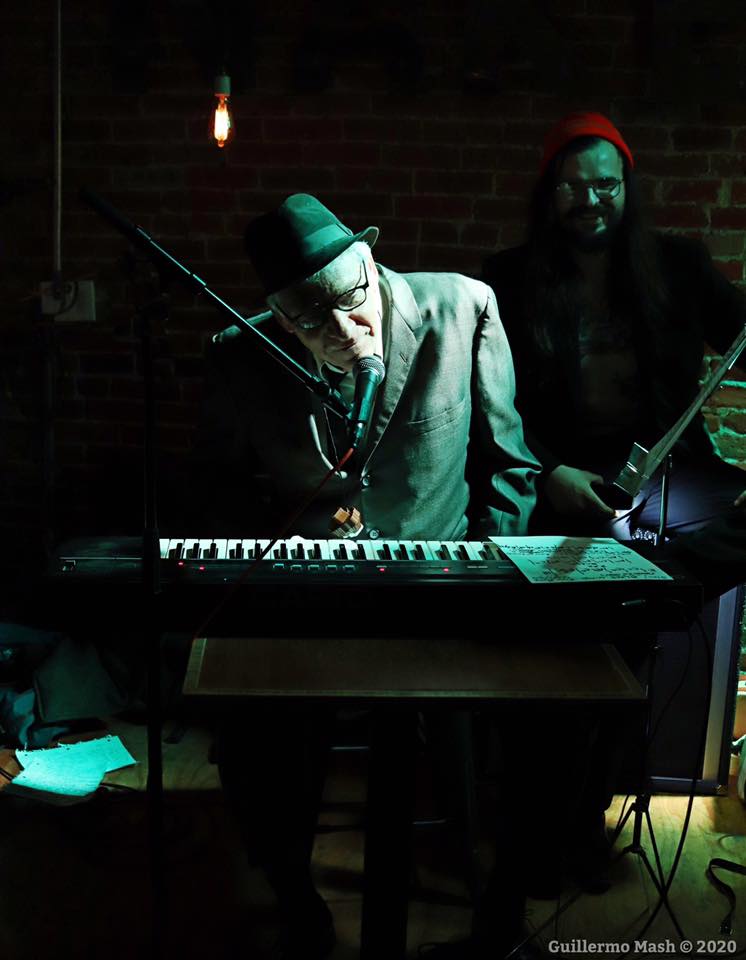
If any artist’s life is worthy of documentary, it’s Danny Cohen’s. The Paradise resident’s musical journey spans more than six decades—from his beginnings playing alongside his brother Greg Cohen (a world-renowned jazz bassist known for his work with John Zorn and Tom Waits) in Los Angeles proto-punks/groovy freak-rockers Charleston Grotto, to the various incarnations of his solo/bandleader persona. Cohen’s avant-garde presentations of his self-described “eclectic pop music” have made it onto several albums’ worth of material released on well-known eclectic and experimental labels such Anti Records and Tzadic Records.
Museum of Dannys is an fittingly quirky and lo-fi online documentary produced by former Chico dude and one-time CN&R Arts Editor Chris Baldwin. It features rambling black-and-white footage of Cohen at various locales on and around the Chico State campus, plus some engaging clips of live rehearsals with Cohen and members of his one-time band Near Death Experience (featuring drummer Carey Wilson and the late John LaPado on lap steel).
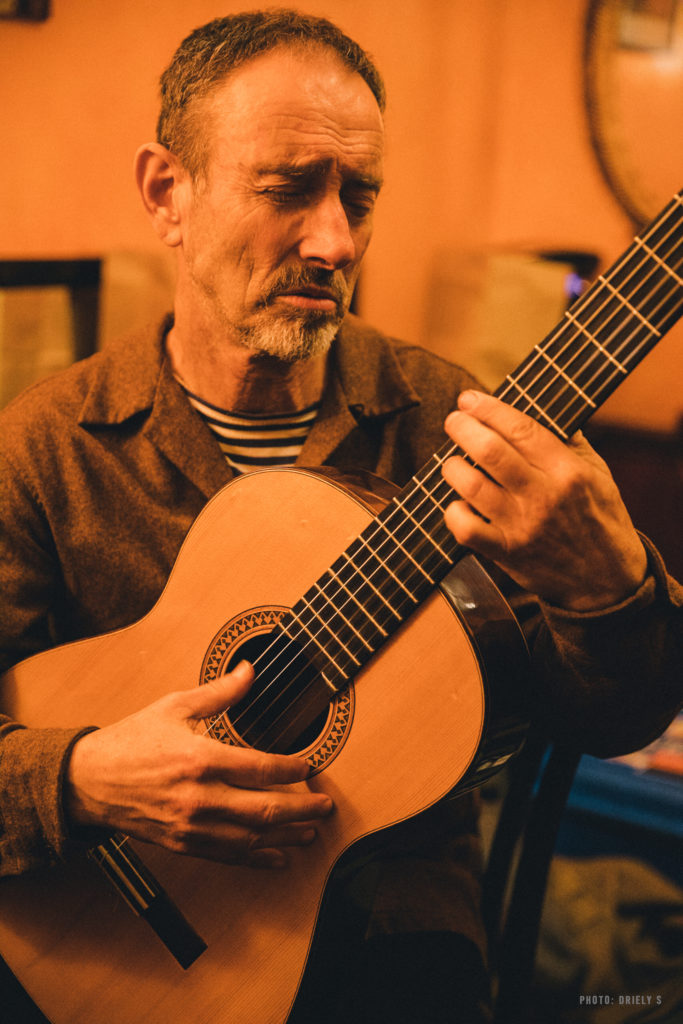
Last, Jonathan Richman. The enigmatic musician keeps a low profile not just in Chico, where he’s lived for the last several years, but in the greater media landscape, both online and offline. For an artist with a place in rock history as one of the godfathers of punk rock, and so many decades as a solo troubadour traveling the world singing his earnest songs about life and people and all the feelings involved, there hasn’t been a whole lot of documentation of his life.
And this footage I came across online doesn’t really qualify as a documentary. It’s 14-and-a-half minutes of interview answers from the 2003 Take Me to The Plaza concert DVD directed by current Pageant Theatre honcho Miles Montalbano. But it’s still a treat to hear the elusive rocker talk about the early days of The Modern Lovers and the band’s classic song “Roadrunner” as well as his transition to a more stripped-down approach to playing live.
Yo! Chico News & Review fans! We have almost met our April fundraising goal. Just a little over $300 to go. If you have it to give, visit the paper’s support page and help us keep up the good fight!

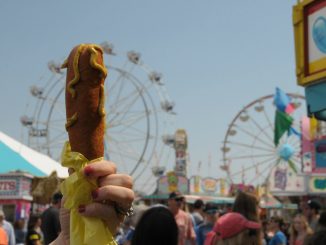
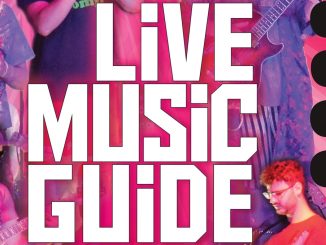
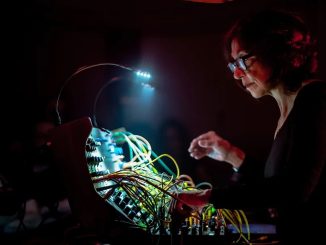
Well done! I heartily applaud everyone here! Each realizing, blooming their visions. Which includes Jason as author of the article.
Yay everyone!
https://www.facebook.com/Banjoman-555354177823884/